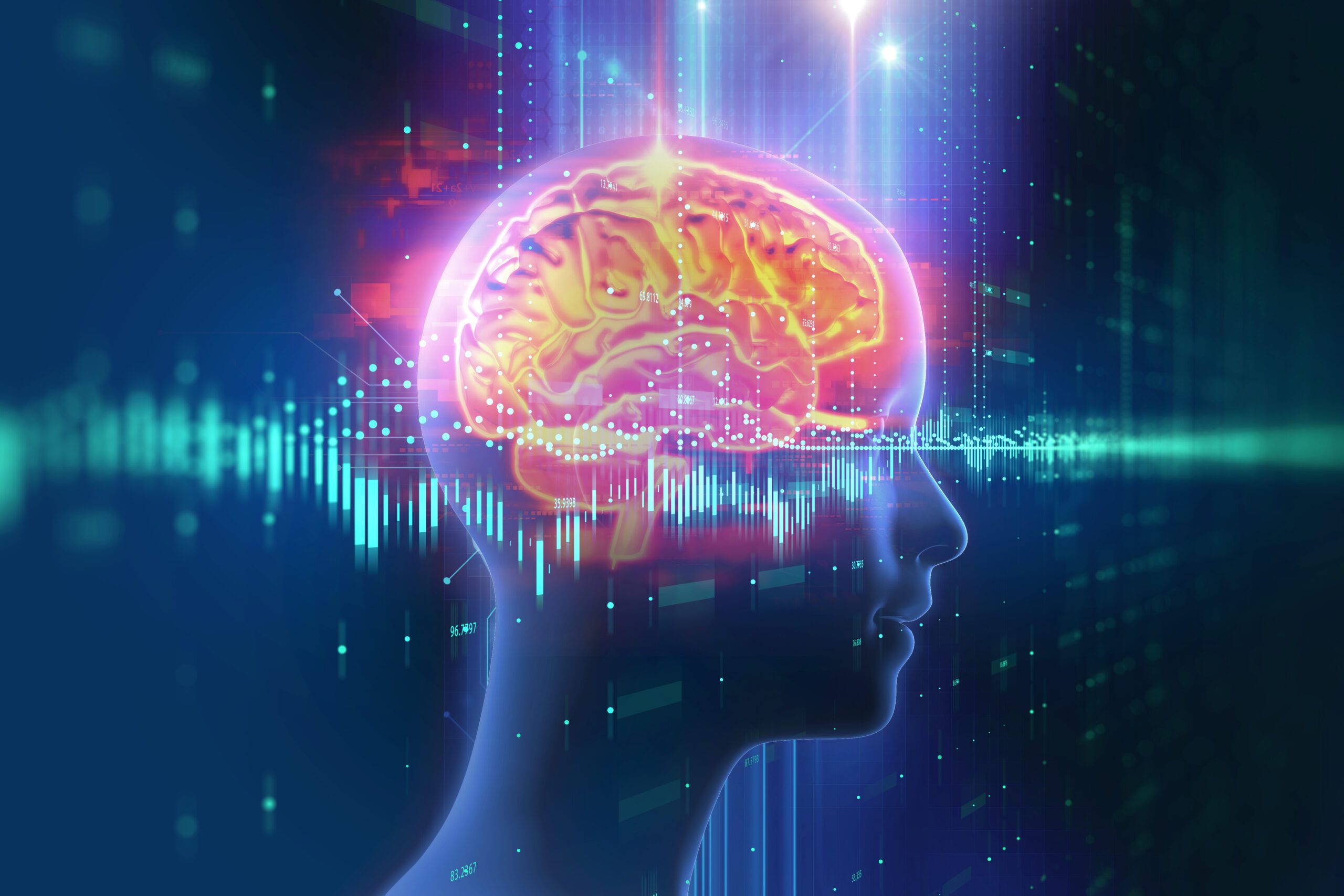Get Help Today (480) 685-5776

How Addiction Hijacks the Brain: A Deeper Look at Cravings
As anyone who has battled with it knows, addiction is not just a matter of willpower or choice. Instead, it’s a complex interplay of neurological and psychological processes that most sufferers are totally powerless over. At Saguaro Recovery, we believe that understanding how addiction hijacks the brain can inspire compassion and insight. Read on as we explore the fascinating and often alarming ways addiction takes control of the brain’s functions – and why it’s no wonder people find themselves powerless to change without help.
The Brain’s Reward System: A Key Player in Addiction
The brain’s reward system is an intricate network of neurotransmitters. Chemicals such as dopamine, long associated with pleasure and desire, govern our experiences of pleasure and motivation. When we engage in pleasurable activities, such as eating or bonding with loved ones, this reward system is activated, reinforcing these behaviors and encouraging us to repeat them. It turns out, some less healthy behaviors – such as using drugs or drinking – trigger even greater surges of dopamine, wiring the brain to seek out these experiences whenever possible.
How Addiction Affects the Brain
- Artificial Pleasure Surge: Addiction often starts innocently enough, with the substance providing a powerful surge of pleasure. Whether it’s the first sip of alcohol or the first hit of a drug, the brain’s reward system lights up. However, these substances flood the brain with far more dopamine than natural rewards, creating an artificial and intense high.
- Desensitization: Over time, the brain becomes desensitized to this artificial pleasure. It starts to produce less dopamine in response to the substance, leading to a diminished high. This is why individuals with addiction often need increasing amounts of the substance to achieve the same effect, a phenomenon known as tolerance.
- Cravings and Compulsion: As the brain adapts to the presence of the addictive substance, it also begins to associate certain cues or triggers with drug use. These cues can be environmental, emotional, or even social. When exposed to these triggers, the brain responds with intense cravings and a compulsion to use the substance.
- Loss of Control: The hijacking of the brain’s reward system ultimately leads to a loss of control over drug use. The brain becomes wired to prioritize the substance above all else, including personal health, relationships, and responsibilities.
Neuroplasticity and the Road to Recovery
Thankfully, there is hope. We are not destined to be forever at the mercy of untamable chemistry. Neuroplasticity is the brain’s remarkable ability to adapt and change. While addiction hijacks neural pathways to reinforce drug-seeking behavior, the brain’s plasticity can also be harnessed for recovery.
- Recovery-Induced Neuroplasticity: When an individual enters recovery and abstains from the substance, the brain gradually begins to heal. This process, known as recovery-induced neuroplasticity, involves rewiring neural pathways away from addiction and towards healthier behaviors.
- The Role of Support and Therapy: At Saguaro Recovery, we utilize support systems, accountability, and community to facilitate this rewiring process. Additionally, cognitive-behavioral therapy (CBT), counseling, and group therapy are other long-term tools that can help individuals develop healthier coping mechanisms and responses to triggers throughout the journey to recovery.
Understanding how addiction hijacks the brain is crucial for those on the path to recovery. By addressing the neurological underpinnings of addiction, people ready to chance can regain control of their lives and rewrite their brain’s narrative towards a healthier, substance-free future. If you or a loved one are struggling with addiction, don’t hesitate to reach out to a safe and supportive sober living community.
